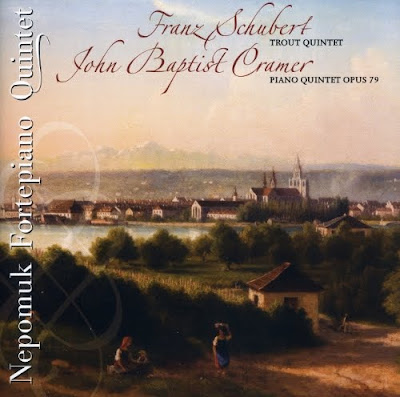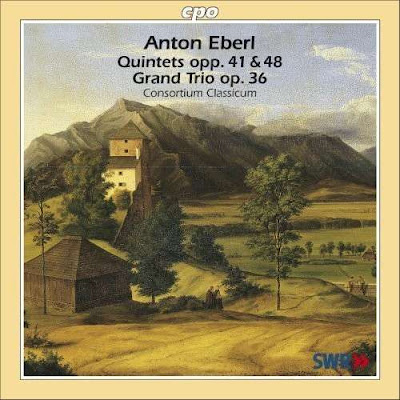Georg Friedrich Händel - Vespro per la Madonna del Carmelo
EAC RIP | FLAC + CUE + LOG | HQ Scans
Classic Voice| Recorded: 2008 & 2009 | Released: 2009
Collegium Apollineum (on period instruments) - Marco Feruglio
EAC RIP | FLAC + CUE + LOG | HQ Scans
Classic Voice| Recorded: 2008 & 2009 | Released: 2009
Collegium Apollineum (on period instruments) - Marco Feruglio
This reconstruction is not actually based on real evidences, rather it is a combination of some Handel's psalms, motets and antifonas written around the same time (the year 1707) and ordered in a way that resembles the Vespers practice of the time.
The booklet is entirely in italian but you don't need it to enjoy Handel's music.
The tracklist is as it follows
- Dixit Dominus (Salmo 109) per 2 Soprani, Alto, Coro e Orchestra, HWV 232
- Laudate pueri Dominum (Salmo 112) per Soprano, Coro e Orchestra, HWV 237
- Te decus virgineum (Antifona) per Alto e Orchestra, HWV 243
- Nisi Dominus (Salmo 126) per Alto, Tenore, Doppio Coro e Orchestra, HWV 238
- Haec est Regina virginum (Antifona) per Soprano e Orchestra, HWV 235
- Saeviat tellus inter rigores ('Mottetto per la Madonna Santissima del Carmine') per Soprano e Orchestra, HWV 240
- Saeviat tellus inter rigores ('Mottetto per la Madonna Santissima del Carmine') per Soprano e Orchestra, HWV 240
- Salve Regina (Antifona) per Soprano, Organo concertante e Orchestra, HWV 241





























































